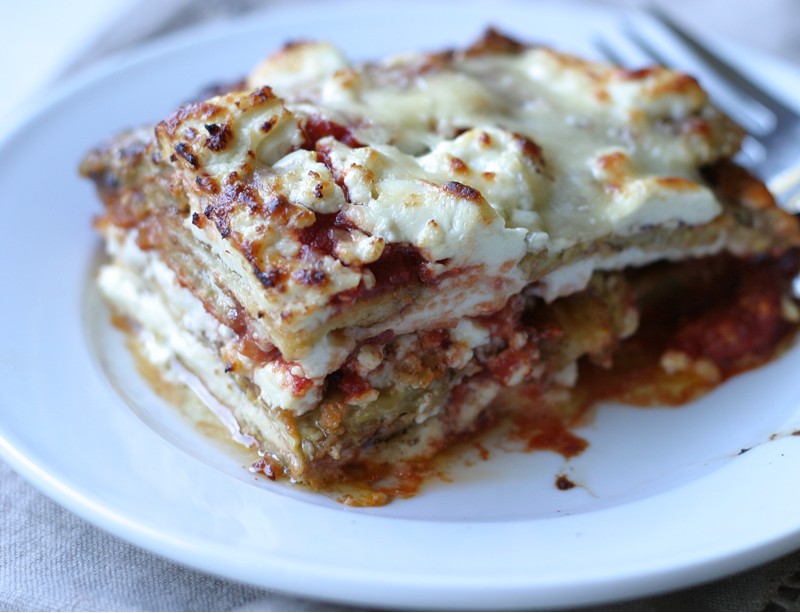
This quintessentially American holiday is nominally about gratitude, but as it is a secular occasion, we do not tend to associate our giving thanks with God. In fact, many of us refer to Thanksgiving (somewhat ironically) as "Turkey Day," removing the thematic element altogether and limiting the festivities to the merely physical.
Judaism is rife with opportunities to be grateful. Jewish liturgy in particular is saturated with variations on the theme of thanks; hodayah / thanks is one of the five major modes of tefillah / prayer. Each Amidah (the silent prayer recited while standing at the three statutory services every day) includes standard "thank-you" language toward the end, and many of the Psalms include themes of gratitude. One of the warm-up passages of the morning service (Pesuqei Dezimra / verses of song) opens with the following (I Chronicles 16:8):
הוֹדוּ לַיהוָה, קִרְאוּ בִשְׁמוֹ, הוֹדִיעוּ בָעַמִּים עֲלִילֹתָיו
Hodu ladonai qir'u vishmo, hodi'u va'amim alilotav
Acclaim Adonai; invoke God's name / Make God's deeds known among all people.The word here translated as "acclaim" might also be translated as "thank," thus rendering the verse as a statement of gratitude for those things that God has done for us. When coupled with the curious fact that the Hebrew word for turkey is "hodu," one might suggest that this verse is the perfect Jewish encapsulation of Thanksgiving: giving thanks for the good things that God has given us.
When you celebrate Thanksgiving, don't forget to mention God. Happy digestion!
~
Rabbi Seth Adelson
No comments:
Post a Comment